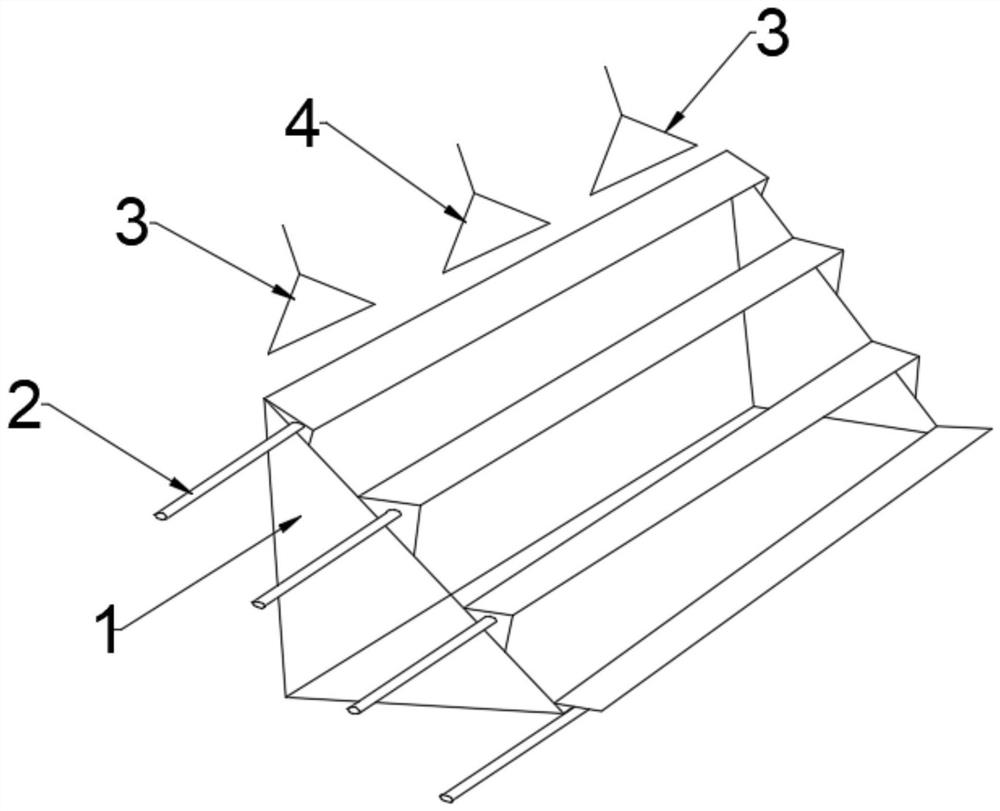Indoor multi-generation peanut hybridization method
A hybridization method and peanut technology, applied in the fields of botanical equipment and methods, planting substrates, plant genetic improvement, etc., can solve the problems of high cost, loss of precious materials, time-consuming and laborious operation, etc., and achieve high time-saving, timely and effective utilization. Effect
- Summary
- Abstract
- Description
- Claims
- Application Information
AI Technical Summary
Problems solved by technology
Method used
Image
Examples
Embodiment
[0022] An indoor multi-generation peanut hybridization method specifically comprises the following steps:
[0023] 1) Male parent planting room: prepare a multi-layer tripod stand, connect water-controllable irrigation pipes, install plant growth lights and fill lights, provide enough light, and save space overall;
[0024] 2) Female parent planting room: Prepare a square resin root control pot with a pot mouth diameter of 20 cm, a pot bottom diameter of 15 cm, and a pot height of 20 cm; there is enough space for rooting and needle firming, so that it is convenient to move to the male parent room when doing hybridization;
[0025] 3) Culture medium: sandy soil: imported peat soil: vermiculite = 5:3:2 mix well and autoclave at 121°C for 30 minutes, and add water retaining agent 3g / m at the same time 2 , to avoid poor plant growth due to drought indoors, affecting hybridization efficiency;
[0026] 4) Plant the hybrid male parent on the male parent planting platform, and plant ...
PUM
 Login to View More
Login to View More Abstract
Description
Claims
Application Information
 Login to View More
Login to View More - R&D
- Intellectual Property
- Life Sciences
- Materials
- Tech Scout
- Unparalleled Data Quality
- Higher Quality Content
- 60% Fewer Hallucinations
Browse by: Latest US Patents, China's latest patents, Technical Efficacy Thesaurus, Application Domain, Technology Topic, Popular Technical Reports.
© 2025 PatSnap. All rights reserved.Legal|Privacy policy|Modern Slavery Act Transparency Statement|Sitemap|About US| Contact US: help@patsnap.com

